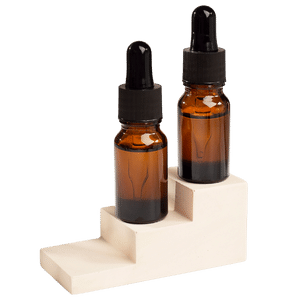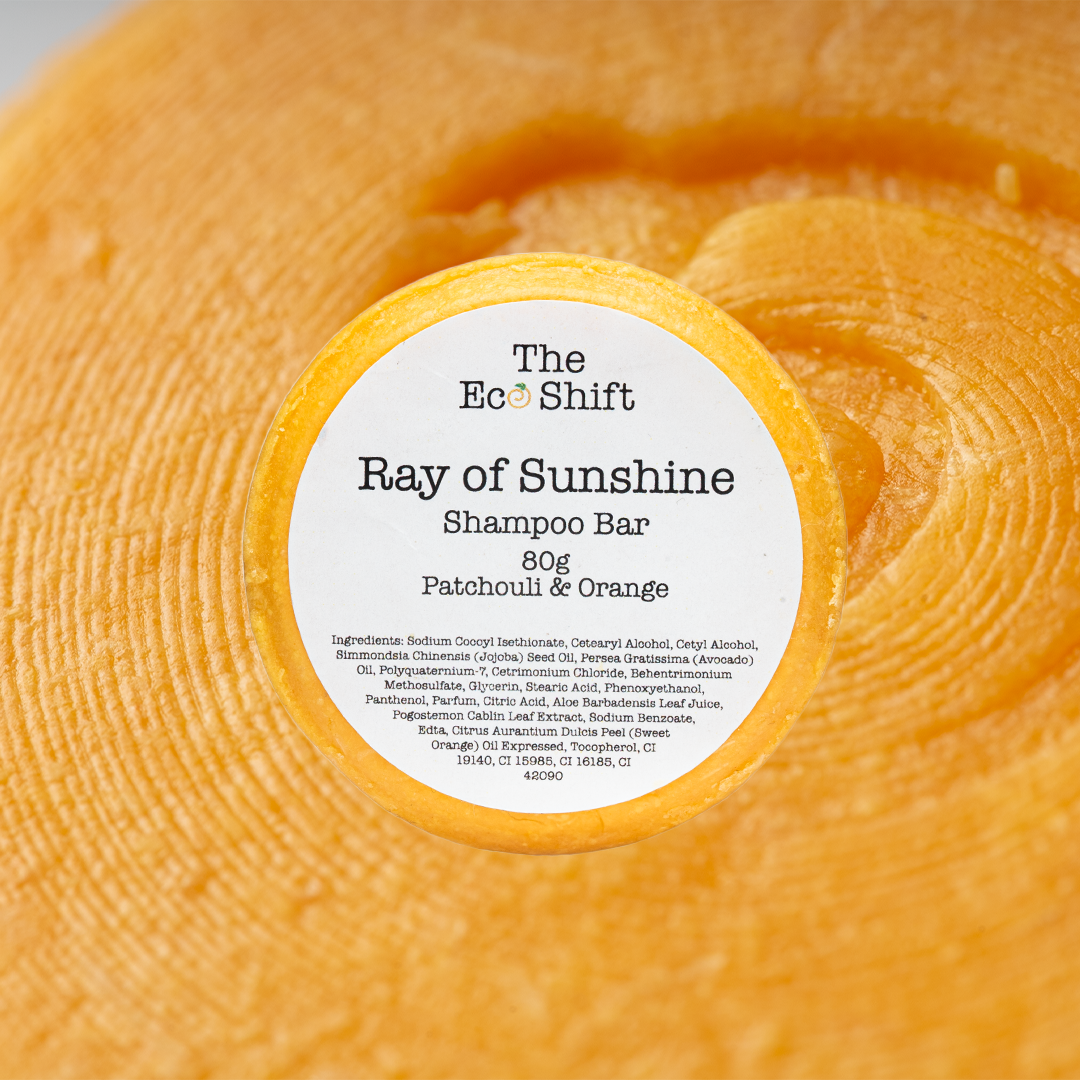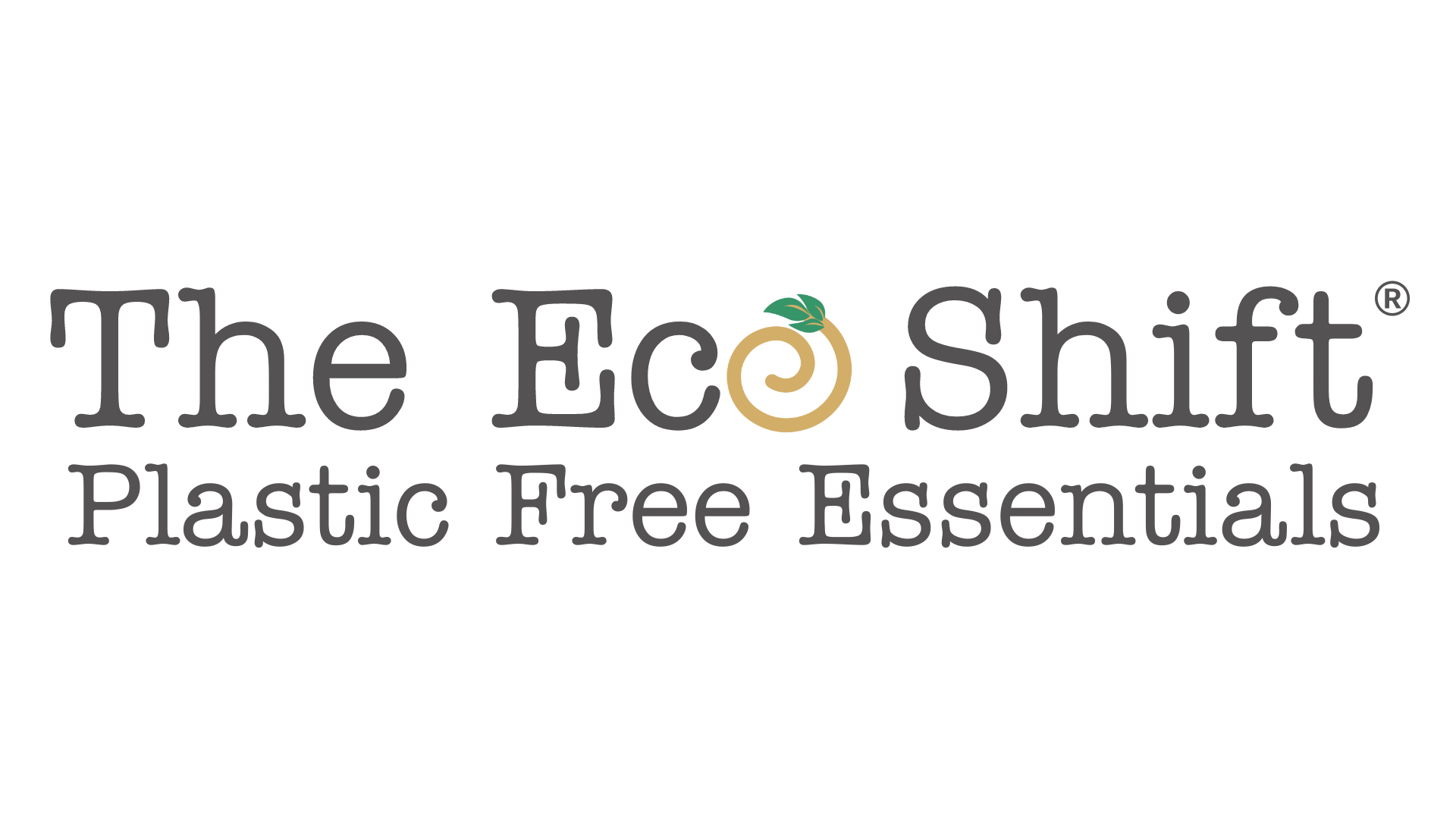
Retinol
Retinol has been found to be effective at promoting hair development, reducing hair loss, decongesting hair follicles, and improving the absorption of other chemicals intended to promote hair growth, according to recent studies. Retinol also increases collagen formation, which reduces wrinkles and fine lines.
🌿 Prevents wrinkles due to its minimizing effect, as well as smooth out existing fine lines and wrinkles.
🌿 Brightens dull skin by exfoliating at a cellular level, which results in brighter and smoother new skin.
🌿 Boosts hair growth.
🌿 Stimulates circulation in your scalp.
There are four different types of retinoids that are used in anti-aging skincare routines, but they all have one thing in common: they are all derived from vitamin A. The most powerful retinoid, retinoic acid, is only available with a prescription from a dermatologist. On the complete opposite end of the spectrum is retinyl palmitate, which is the mildest retinoid and is available in over-the-counter beauty products.
Just because this retinyl is milder does not mean that you can't benefit from this powerful nutrient, however. Retinyl palmitate helps tackle a long list of skincare needs like fine lines, wrinkles, uneven skin tone, rough texture and dark spots. Using a retinyl palmitate regularly also helps naturally boost collagen production to keep your skin firm and smooth.
Regular use of retinyl palmitate will help the cells on the epidermis (the outermost layer of your skin) rapidly rejuvenate, causing older cells to die off to make way for the newer, healthier cell growth underneath. The result: smoother, more radiant skin with more even skin tone.
Retinyl palmitate is approved by the Food and Drug Administration (FDA) for use in over-the-counter and prescription drugs, and it is also used as a food additive (e.g., to fortify low-fat milk, dairy products and breakfast cereals with vitamin A). When used in sunscreen, retinyl palmitate is not an active drug ingredient (unlike sunscreen filters), but rather a cosmetic ingredient. In sunscreen, it can serve as an antioxidant to improve product performance against the aging effects of UV exposure or to enhance the aesthetic qualities of sunscreen.

